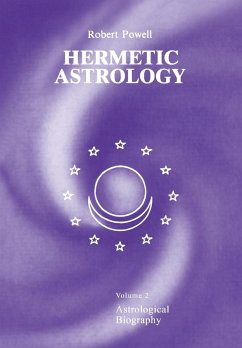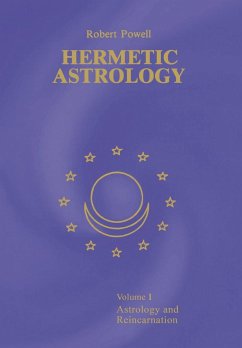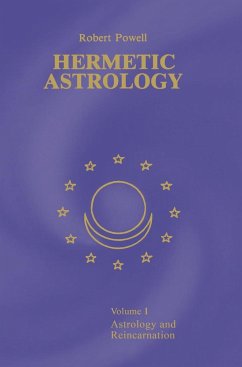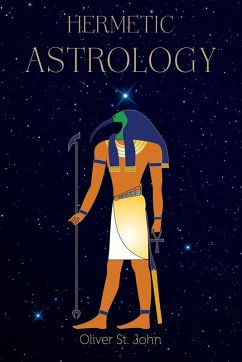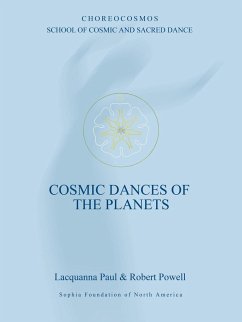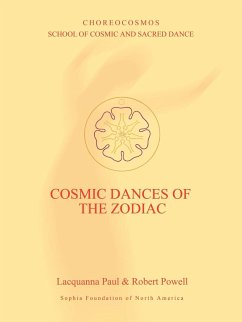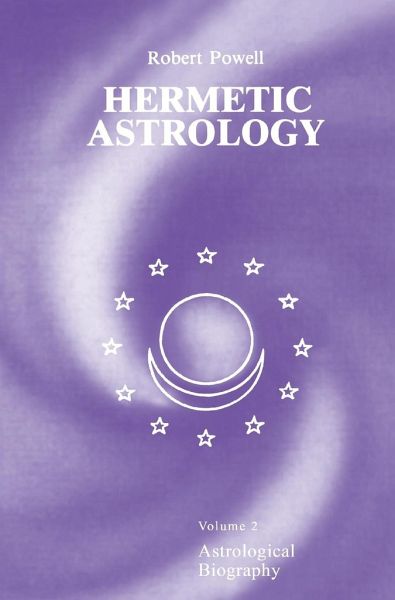
Hermetic Astrology
Vol. 2
Versandkostenfrei!
Versandfertig in 1-2 Wochen
35,99 €
inkl. MwSt.
Weitere Ausgaben:

PAYBACK Punkte
18 °P sammeln!
In the first chapters of this book we simultaneously follow two threads. While considering the lives of Richard Wagner, Friedrich Nietzsche, and King Ludwig II of Bavaria in their nineteenth-century incarnations and in earlier incarnations, we examine the planetary configurations accompanying not only their conception, birth, and death, but also various significant events in their lives. In this way we experience how these two perspectives-the biographical and the astrological-weave together and are intimately interconnected. As illuminating as this is, the author also indicates however that a...
In the first chapters of this book we simultaneously follow two threads. While considering the lives of Richard Wagner, Friedrich Nietzsche, and King Ludwig II of Bavaria in their nineteenth-century incarnations and in earlier incarnations, we examine the planetary configurations accompanying not only their conception, birth, and death, but also various significant events in their lives. In this way we experience how these two perspectives-the biographical and the astrological-weave together and are intimately interconnected. As illuminating as this is, the author also indicates however that astrological calculation alone can never suffice for the truly deep biographical research into karma and reincarnation demonstrated in this work. The author shows that although it is clear that an individual's destiny is connected with the positions of the celestial bodies-that certain regular occurrences are evident-nonetheless no strict regularities exist. He maintains moreover that a certain level of clairvoyance is requisite for any serious astrological study of destiny; even more-that real astrology requires initiation. Such astrological research, when successfully carried out as it is here, relating salient celestial configurations to the life-drama of well-known historical personalities, reads like fine literature. On a practical level this work illustrates several important new tools for the astrologer: how to calculate hermetic charts, how to cast horoscopes not only of birth and death but also of conception (including the astrological significance of the embryonic period between conception and birth), and then also how to apply these various horoscopes in describing the spiral of life that unfolds in seven-year periods during the course of a person's earthly existence. All this reveals profound and fascinating regularities-among them the discovery that stellar configurations during the embryonic period are reflected again and again in the subsequent periods of life. Quite new for most readers will be the author's treatment of Uranus, Neptune, and Pluto, indicating that the names given these planets are deeply meaningful in the light of spiritual science. To make his case he extends Rudolf Steiner's description of cosmic evolution by drawing upon Greek mythology, particularly Orphic cosmology. This book by Robert Powell is of the greatest possible interest. Professor Konrad Rudni_ki Astronomical Observatory Jagiellonian University Cracow, Poland





